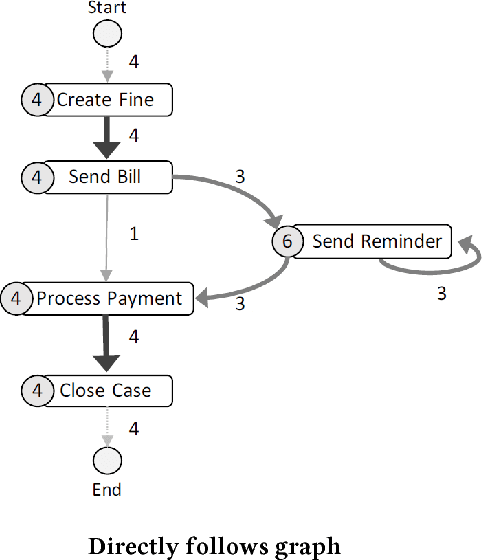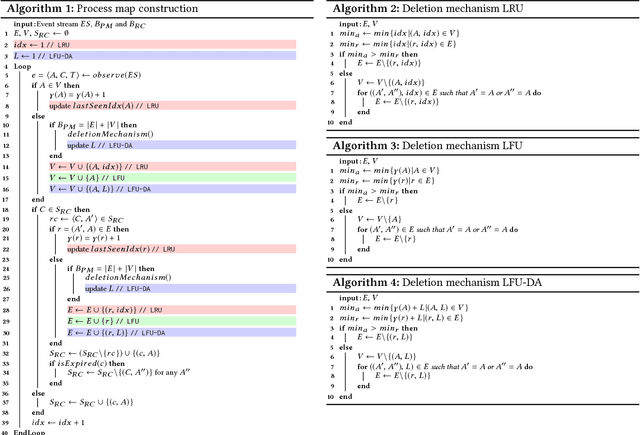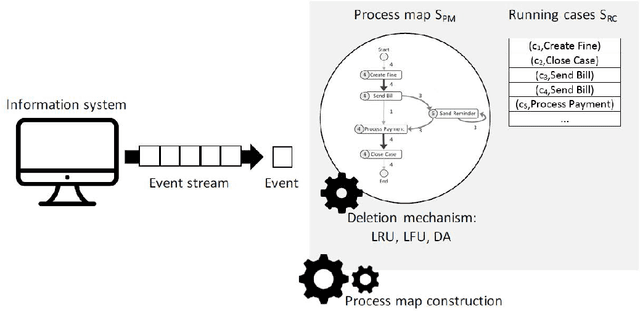Volodymyr Leno
Automated Discovery of Data Transformations for Robotic Process Automation
Jan 03, 2020



Abstract:Robotic Process Automation (RPA) is a technology for automating repetitive routines consisting of sequences of user interactions with one or more applications. In order to fully exploit the opportunities opened by RPA, companies need to discover which specific routines may be automated, and how. In this setting, this paper addresses the problem of analyzing User Interaction (UI) logs in order to discover routines where a user transfers data from one spreadsheet or (Web) form to another. The paper maps this problem to that of discovering data transformations by example - a problem for which several techniques are available. The paper shows that a naive application of a state-of-the-art technique for data transformation discovery is computationally inefficient. Accordingly, the paper proposes two optimizations that take advantage of the information in the UI log and the fact that data transfers across applications typically involve copying alphabetic and numeric tokens separately. The proposed approach and its optimizations are evaluated using UI logs that replicate a real-life repetitive data transfer routine.
Discovering Process Maps from Event Streams
Apr 08, 2018



Abstract:Automated process discovery is a class of process mining methods that allow analysts to extract business process models from event logs. Traditional process discovery methods extract process models from a snapshot of an event log stored in its entirety. In some scenarios, however, events keep coming with a high arrival rate to the extent that it is impractical to store the entire event log and to continuously re-discover a process model from scratch. Such scenarios require online process discovery approaches. Given an event stream produced by the execution of a business process, the goal of an online process discovery method is to maintain a continuously updated model of the process with a bounded amount of memory while at the same time achieving similar accuracy as offline methods. However, existing online discovery approaches require relatively large amounts of memory to achieve levels of accuracy comparable to that of offline methods. Therefore, this paper proposes an approach that addresses this limitation by mapping the problem of online process discovery to that of cache memory management, and applying well-known cache replacement policies to the problem of online process discovery. The approach has been implemented in .NET, experimentally integrated with the Minit process mining tool and comparatively evaluated against an existing baseline using real-life datasets.
 Add to Chrome
Add to Chrome Add to Firefox
Add to Firefox Add to Edge
Add to Edge